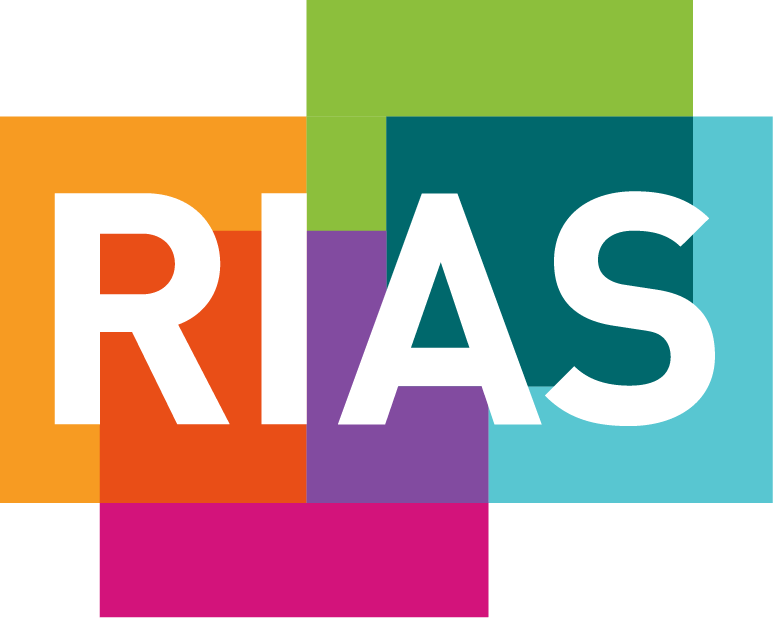Digital Security - simple steps to keep you safe online
The world is continually changing, and criminals are always thinking up new ways to catch people out online. Scams have become more sophisticated, and hackers are managing to take control of thousands of devices a day. To reduce your chances of becoming a victim, here are five steps you could take:
Change your passwords
Use a strong, separate password for your email. This should ensure that even if your email account is compromised, the hackers won’t be able to use the same password to access your accounts on other sites. Likewise, if they got into one of your other accounts, they wouldn’t be able to access your email account. Ideally, have a different strong password for every online account you have.
To create a strong password, think of three random words and add some numbers and symbols. Don’t be tempted to use the names of your children, pets or favourite sports teams as criminals may glean these from your social media accounts.
If you’re worried that you’ll forget what your passwords are, you can use a password manager such as TrueKey.com.
Think before you click
Phishing emails can look like they’re from your bank or a company you trust, but you should always check the email address for clues that it might be illegitimate. Most major banks and businesses will never email you, except for newsletters and policy changes. If you click on a link that isn’t legit, you could be opening yourself up to a virus, or they could steal your details. For instance, a fake bank email could link to a website that looks just like your real bank login page but isn’t. If you try to log in, the criminals could have all they need to access your real account.
When shopping online, only use secure websites and remember that if something seems too good to be true, it probably is. Always sign-up and use Verified by Visa or MasterCard Secure Code whenever you have the option. This means that an extra password needs to be entered before you can make a purchase.
Use a firewall
A firewall is a software program or piece of hardware that is the first line of defence when it comes to network security. It helps stop hackers, viruses, and worms that try to reach your laptop or other devices over the internet. It will usually be included as part of a security suite package.
According to PC magazine, some of the best security suites of 2018 are; Bitdefender Internet Security, Kaspersky Internet Security, Bitdefender Total Security and Symantec Norton Security Premium.[1]
Make sure your mobile is protected too, not just your laptop, computer or tablet. Be carefully what apps you download and beware quizzes that ask for your mother’s maiden name or where you were born, as this information could be used to try and crack your passwords. Scammers could also contact you by phone or text.
Don't use public Wi-Fi
When you’re out and about it can be tempting to use unsecured public Wi-Fi, but you could be leaving yourself open to a hacker’s attack. It can be much better to hold off or use a VPN (Virtual Private Network) instead. A VPN is a secure tunnel between two devices. When you connect to a VPN server, all of your information is encrypted, hiding your IP address and location from hackers. Using a VPN is cheap, you can pay as little as £1.40 a month for a good VPN, with Tech Insider naming PureVPN as the most affordable and best all-rounder.[2]
Check your bank statements regularly
If you’re targeted, and the criminals manage to gain access to your accounts, it’s important that you spot any suspicious activity and inform your bank/credit card provider. They may try and take out a large amount of money in one transaction, or they may steal from you little and often in the hope that you, or your bank, won’t notice. As long as you haven’t been negligent, you should receive a refund.
If you receive a suspicious email, call or text message or have potentially received a computer virus you should also take action and report it. You can do this by visiting the Action Fraud website.
Some of the most recent fraud cases involve people being misled or tricked into buying fake car insurance, and fraudsters pretending to be from the Financial Ombudsman and British Council. For the latest fraud news, click here.
[1] http://uk.pcmag.com/software/8400/guide/the-best-security-suites-of-2018
[2] https://www.techadvisor.co.uk/test-centre/internet/best-vpn-2018-3657732

